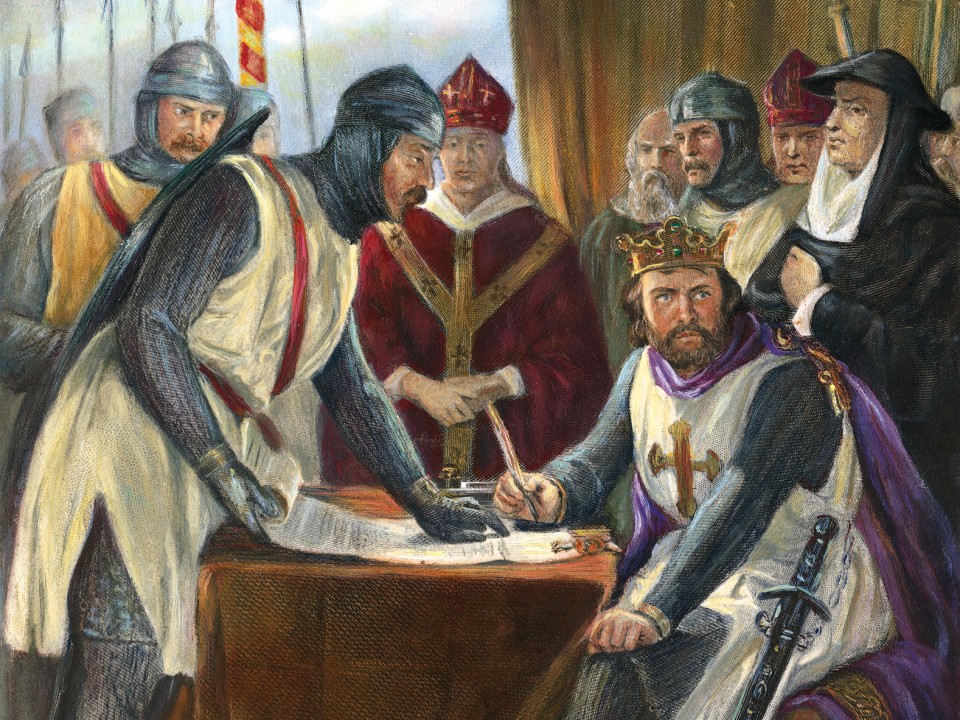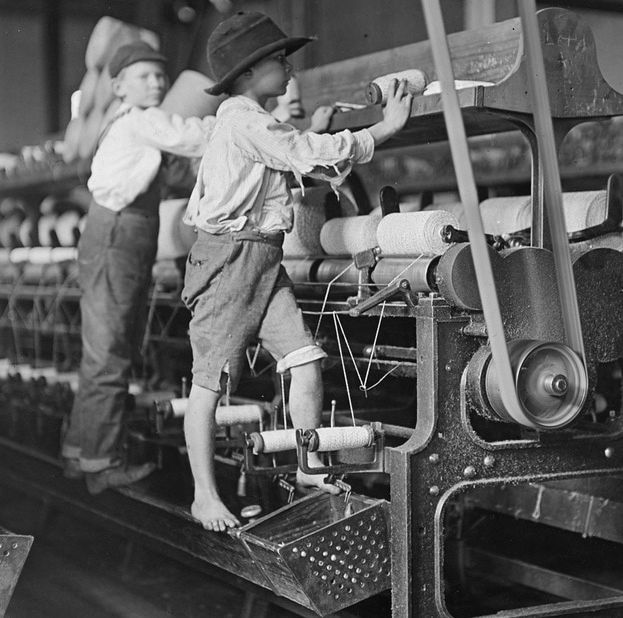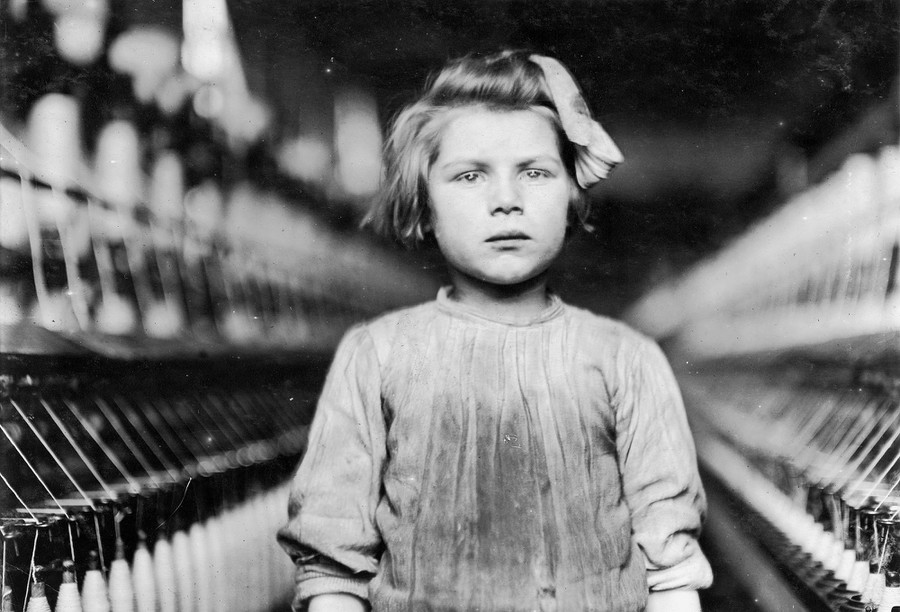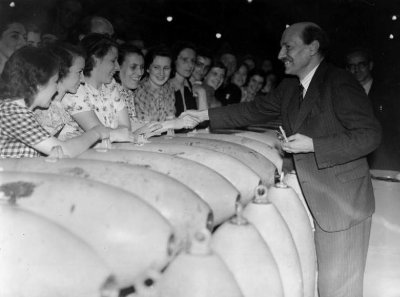Themes in an inspector calls
In this series of articles I will be focusing on the themes of an Inspector Calls. In this particular article I will be focusing on them in general and in subsequent articles elaborating on each of these themes in more detail. and depth.
Prior to the modern industrial era where most societies were ones where the vast majority of the population were peasants working on the land and engaged in a daily and yearly struggle for survival often nervously awaiting with a mixture of apprehension and hope that the crucial spring harvest would yield enough crops for them to eat and then on top of that to sell, little entertainment existed for the peasantry. One of the few and key forms of entertainment that did exist was the narration of stories by story-tellers.
These story-tellers were not simply men relating a chronological series of events in a monotone and dry fashion, rather they were skilled ‘artists’ (as story telling was their art and craft) who sought to captivate their audience and enthral them. They existed in many cultures across different continents. Many stories existed for entertainment but many also had an instructive purpose seeking to provide their audience with valuable lessons for life, with counsel and guidance.
As printing expanded the oral story-teller became at times replaced by the literary novelist or writer. One such key writer in the English language and in British history was of course Charles Dickens, whose very name has now become a word relating to poor social conditions, as those were often key topics in his work. Dicken’s was a man who focused on social inequality and one such work is the celebrated ‘A Christmas Carol’.
No man is an independent entity who is not a product of an earlier past or earlier history and he himself may continue the tradition preceding him. JB Priestly must be seen in the tradition of earlier English writers such as Dickens who sought to focus on poverty and deprivation as well as social disparities and to arouse compassion amongst their audience (be they readers or people watching the play. Priestly was a leftist and very much interested in an egalitarian society.
Class division, the ancestors of ‘Eva Smith’
One key theme covered in ‘An Inspector Calls’ (AIB) is that of class division. England especially since the time of the Normans had been a very feudal society with an aristocracy. For centuries a grim agrarian feudal existence was the lot of the majority of the English living in their small hamlets and villages dotted across the country. With time their situation improved.
First in English history senior noblemen sought and managed to increase their power and rights as is evident in the form of the ‘Magna Carta’, an agreement in 1215 by the then King of England, John to respect the nobility and not to view himself as a ruler with complete and total power whose every wish must be executed regardless of what others including senior nobility felt.

Source, attribution: fnlondon.com
The power of the monarchy contracted over the centuries whilst that of the nobility and then others expanded continuously.
England was a feudal society and then later on whilst not staying as an outright feudal society became a classist society, which it can still be argued to be to this day especially socially. Many of the peasantry migrated from the rural areas to avoid hunger and destitution after becoming landless due to the Enclosure Acts.
They fled the countryside which they and their forefathers had lived in for generations to new crowded and dirty cities and to put food in their often hungry stomachs many worked in the factories that were springing up in Britain during the industrial revolution. Though Eva Smith is a fictional character, those women similar to her who existed in real life may have been the descendants of these dispossessed or eager for work landless English peasantry.
At times the factories themselves and the unclean towns which they were located in were horrible places and there was even child labour, something now morally acceptable and legally banned in the modern United Kingdom.

Source, attribution: historycrunch.com
It is within this wider socio-historical context that we need to understand who ‘Eva Smith’ would have been.
There were always people within England including among the rich, the elite, the church who were repulsed by any social evil which they were witness to and campaigned against it, and it is the constant accumulation of all their individual and collective efforts that we live in a more civilised and egalitarian society. Dickens and JB Priestly too played their role in pricking the conscience of society including the powerful and causing the emotional and intellectual change which precedes physical and political change.

Source, attribution, theatlantic.com
‘Eva Smith’ the poor factory worker and the Birlings.
Eva Smith as mentioned previously was not a real person but could well have been. Poor and dependent on those richer than her for work. Eva is said to be deliberately close to the name ‘Eve’, the mother of humanity in the Abrahamic tradition and thus signifying the average, archetypal woman, an ordinary woman who could be like any other women that we might have met at that time. She is the victim in the story, but her victimhood is representative of the suffering of not just herself but the poor and of women.
Her demise is due to the rich in society namely the Birlings in this particular story.
However whilst they, the Birlings seek to enjoy themselves in their comfortable mansion, separated and detached from the working class factory workers they employ, what should have been a night of celebration instead ironically becomes a dark, horrible night, a night of guilt, remorse, of the destruction of Gerald Croft and Sheila Birling’s engagement.
What we can see from here are a various things.
The rich are not isolated from what happens to the poor.
Though the rich may seek to isolate themselves from the poor, ultimately they may be affected by what happens. In fact Eva Smith had Arthur Birling’s grandchild in her womb after her affair with his son. We live in a connected world where we are inter-dependent. What effects the other can effect us, as the Birlings themselves painfully find out.
Social responsibility
The better off in society have a social responsibility towards those well-off, the haves to the have-nots, the rich to the poor. For GCSE students and school children, ‘AIB’ is a great work with which to explore the issues of social injustice and being members of a society that seeks to protect all of its members as a family does, to protect the weak and vulnerable.
In fact Mr Birling and his family fail to protect their family in the form of his future grandchild dying, as a result of his harsh treatment towards Eva. Priestly showing businessmen that their workers are human beings with lives and who must be respected.
An Inspector Calls and post-WW2 Britain
‘An Inspector Calls’ is not merely a play but far more than that and is thus rightly given major prominence in the national education system in modern Britain, doing it as it does in a very powerful and emotional manner to arouse the readers interest in the issues of social responsibility, gender relations, suffering of the poor and so forth.
Fortunately modern Britain at that time was on an upward trajectory in regards to social justice and the prime minister was Clement Attlee who replaced the ‘war hero’, Churchill. Some call Attlee the greatest British prime minister of all time.

Useful vocabulary for GCSE students in essays and exam questions.
- Egalitarian
- Social injustice
- Social equality
- Hierarchy
- Negligent,
e.g. “Priestly demonstrates that if the more financially comfortable in society are negligent towards those poorer than them there can be negative consequences as seen in the tragic fate of Eva Smith“ - Atomised,
“In Priestly’s work we can see that society cannot just be one of atomised individuals unrelated to each other but what happens to others can effect us too“ - Conscience
- Interconnected
- Interdependent
- Social Mobility
About English Made Simple

English Made Simple is a website dedicated GCSE English, IELTS Preparation and other things providing useful content to readers all across the world on how to improve their English

